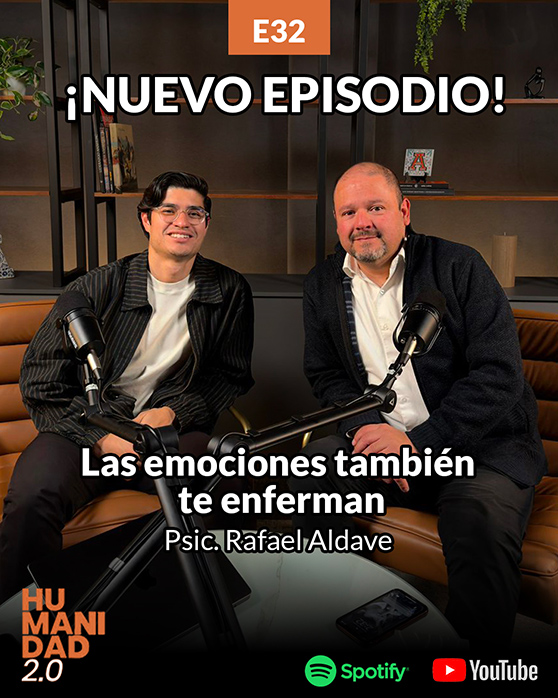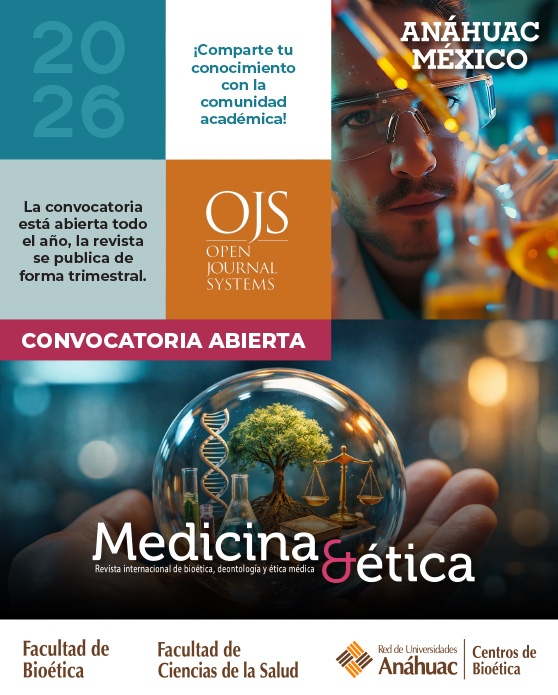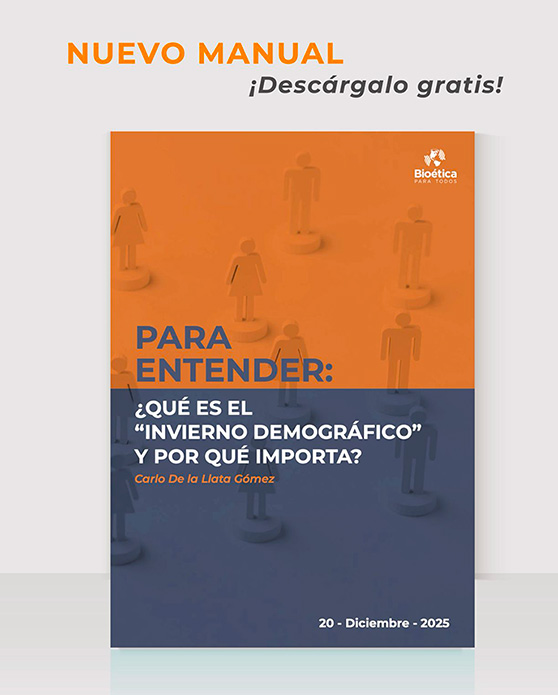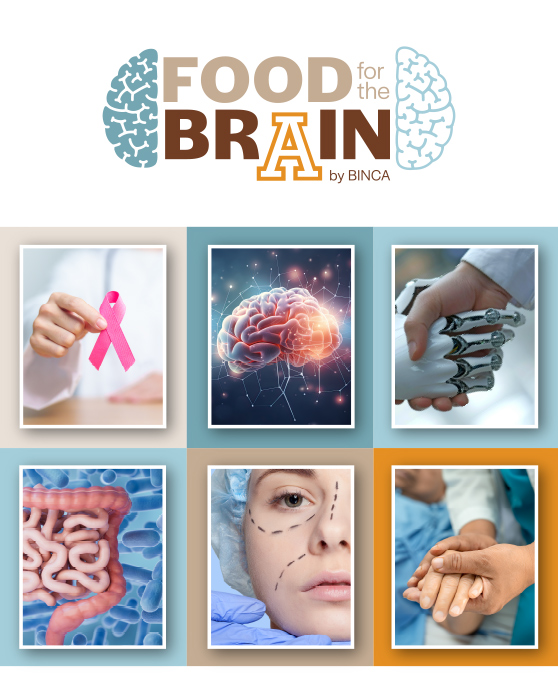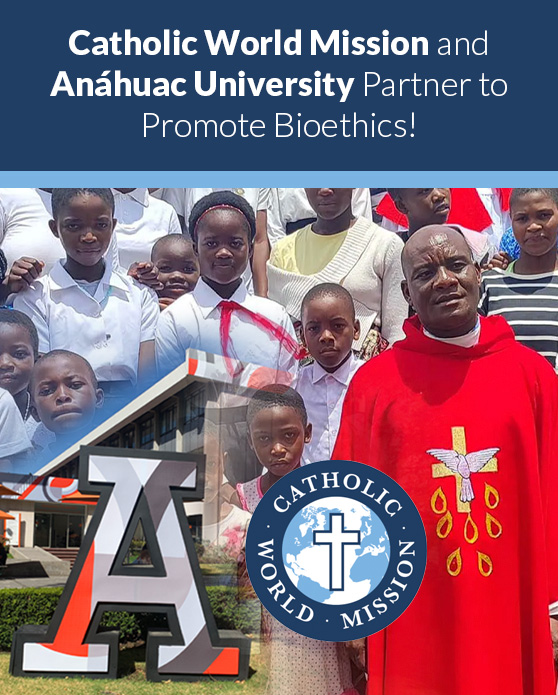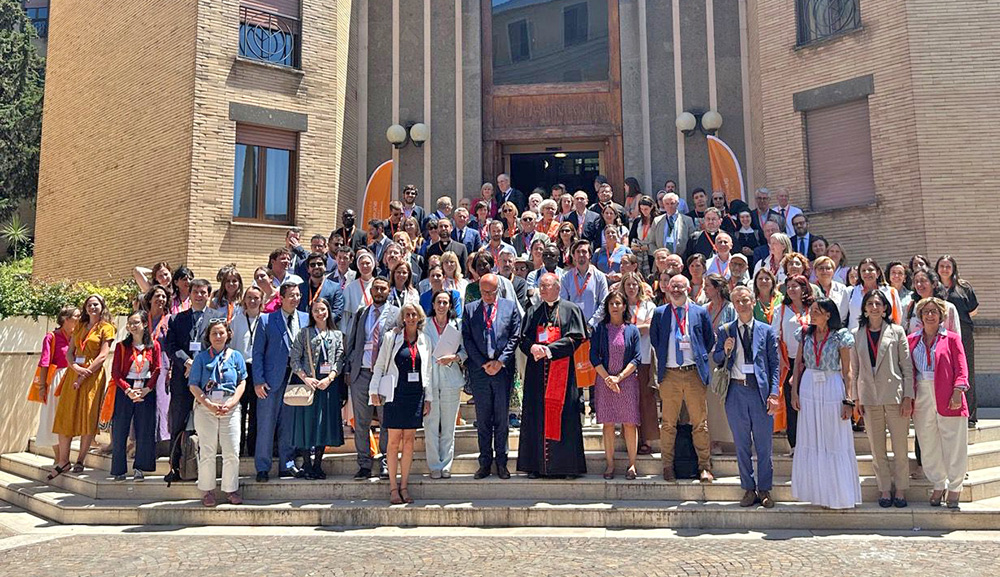
With more than 400 participants and under the theme "The Splendor of Truth in Science and Bioethics," the event reaffirmed its role as a key forum for dialogue between science, ethics, and society in the 21st century.
The III International Bioethics Congress, held in Rome on May 30 and 31, 2025, stood out as a fundamental event for reflection on the major bioethical challenges of the 21st century. Under the theme "The Splendor of Truth in Science and Bioethics," the congress brought together more than 400 participants from around the world, including scientists, doctors, philosophers, and jurists. This event established itself as a reference international forum in the bioethical field, promoting dialogue about the relationship between science, ethics, and human dignity.
The inaugural session was led by Cardinal Willem Jacobus Eijk from the Netherlands, who emphasized that science and bioethics must serve the truth, based on three fundamental principles: the human mind’s ability to reach metaphysical truths, the acceptance of human autonomy, and the affirmation of life as an intrinsic value. These principles were presented as essential to ensuring that scientific advancements align with human values.
In this context, the new president of the Pontifical Academy for Life, Monsignor Renzo Pegoraro, paid tribute to Jérôme Lejeune, a pioneer in genetic research and a defender of human life from conception. Pegoraro stressed that Lejeune’s figure remains an inspiration, as his legacy united science and faith in the defense of life. This union between science and ethics was a constant theme throughout the congress, where the need to strengthen the dialogue between science, ethics, and society to address humanity’s great challenges was discussed.
A central theme was the issue of conscientious objection in medicine, defended by experts such as Grégor Puppinck and Nicolás Lafferriere. The speakers emphasized that conscientious objection must be protected as a fundamental human right, as personal conscience is the final witness to truth and goodness. This topic gained importance in the discussion of biomedical interventions that contravene human dignity, such as euthanasia or abortion.
The Congress also addressed gender dysphoria, a hot topic in modern bioethics. Professor Emmanuel Sapin highlighted that the sexual difference between men and women is an objective reality, influenced by hormonal and neurological factors. Sapin called on science to recognize the existence of disorders related to gender dysphoria and to research its causes, including the possible influences of endocrine disruptors.
Professor Bernard Schumacher from the University of Freiburg offered a critique of the reductionism of the modern scientific method, which has limited knowledge to what is quantifiable and measurable, excluding other important aspects that cannot be empirically verified. According to Schumacher, this trend impoverishes the relationship with truth, dehumanizing science and distancing it from its fundamental purpose: to seek truth in all its complexity.
The Congress concluded with a reflection by Jean-Marie Le Méné, president of the Jérôme Lejeune Foundation, who reminded attendees that the true scientist is one who recognizes the vastness of knowledge yet to be discovered and feels driven to continue the search for the intelligible. Le Méné quoted Jérôme Lejeune, who said: "How could there be a contradiction between what is true and what is verified? It is always the latter that takes time," inviting attendees to maintain scientific humility and continue searching for the truth.
A significant moment during the Congress was the reading of a message from Pope Leo XIV, transmitted by Cardinal Pietro Parolin. In his message, the Pope expressed gratitude for the initiative and encouraged participants to continue promoting science that respects human dignity and always seeks the truth. The Pope emphasized that scientific knowledge must be used for the well-being of individuals and in favor of human dignity.
This event was organized by the Jérôme Lejeune International Chair of Bioethics, with the support of more than 40 international institutions. Among them, the Catholic University of America, the Kennedy Institute, and Georgetown University, among others. The Congress was conducted in four languages and solidified its place as an essential event for discussing truth, science, and bioethics in the 21st century.
For more information about the III International Bioethics Congress, please consult the Press Releases section on the official page.
More information:
Centro Anáhuac de Desarrollo Estratégico en Bioética (CADEBI)
Dr. Alejandro Sánchez Guerrero
alejandro.sanchezg@anahuac.mx

